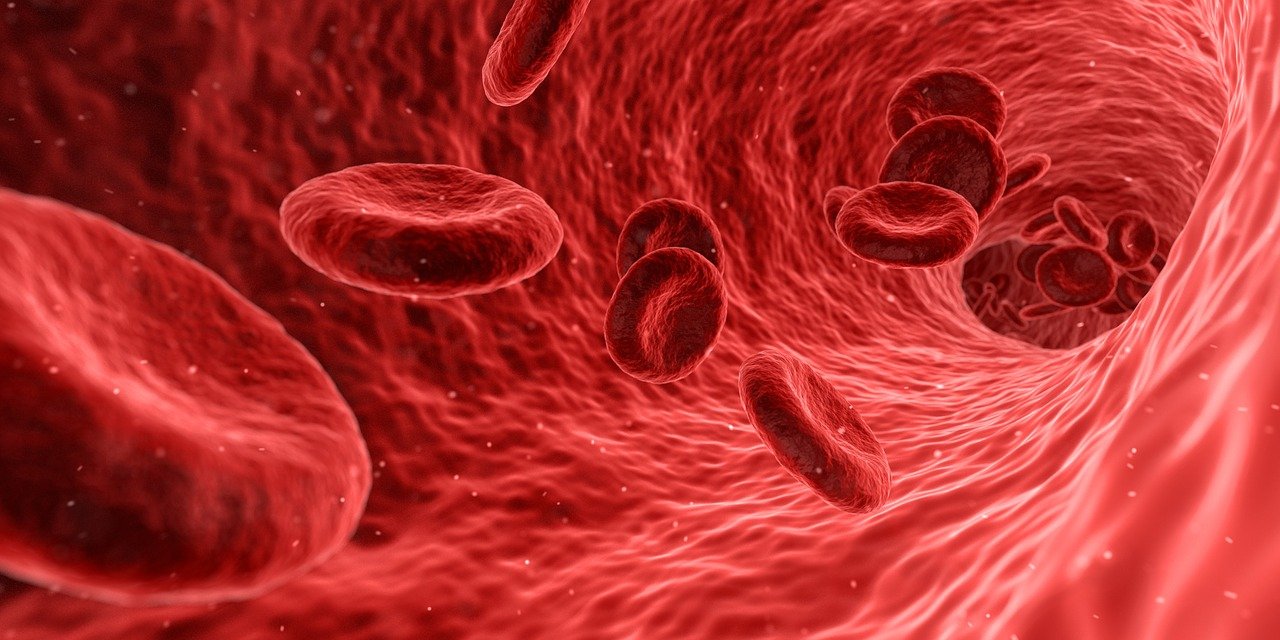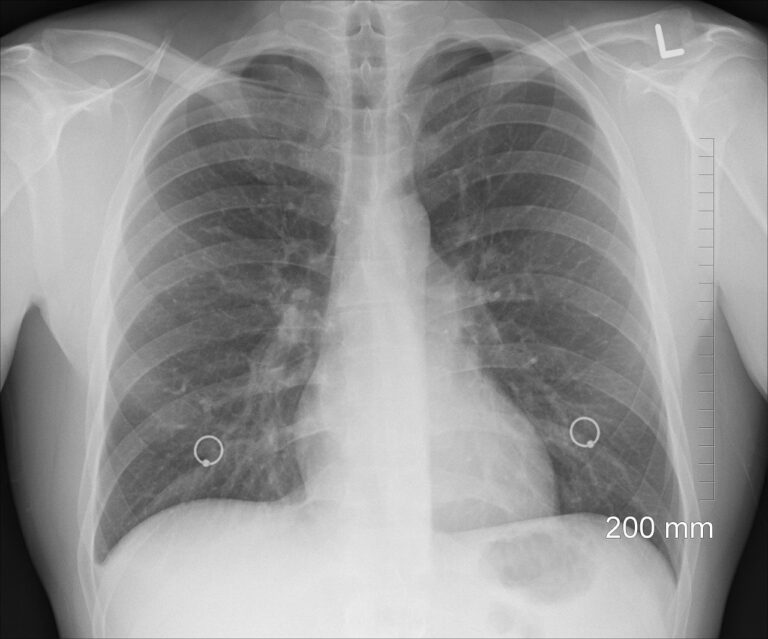Oncimmune Holdings plc (LON:ONC), the leading global immunodiagnostics group, has announced that it has signed a new master service agreement with Augmenta Bioworks, Inc. to profile patient plasma samples and characterise therapeutic candidates discovered through Augmenta’s SingleCyte® and DeepGridTM discovery platforms.
Augmenta is a California-based biotech company which works with leading pharmaceutical companies, biotechnology companies, and research institutions to discover new therapies by identifying the human immune system’s protective response to diseases.
The first project to be undertaken under this agreement will utilise Oncimmune’s oncology SeroTagTM technology to identify specific therapeutic antibodies that bind to human antigens found in cancer patients. This analysis will provide insight into clinical efficacy as well as off-target and non-specific binding as an indicator, for example, for adverse events.
Furthermore, under the agreement, an option exists to substantially increase the number of samples analysed and to run these samples over the company’s infectious disease panel. On 6 October 2020, we announced the participation in the IMmunity Profiling of patients with COVID-19 for Therapy and Triage programme to develop and validate an Infectious Disease NavigAID™ panel designed to predict COVID-19 disease severity and therapeutic response.
Adam M Hill, CEO of Oncimmune Holdings said: “We are delighted to be partnering with such a progressive and respected organisation as Augmenta on this important programme. Oncimmune’s proven SeroTag proprietary biomarker discovery engine is ideally suited to this project. We are also excited about the prospect of, once again, utilising our infectious diseases panel to help support the fight against COVID-19.”
Christopher J Emig, PhD, CEO of Augmenta said: “We are looking forward to uncovering novel therapeutic candidates through the combination of Oncimmune’s biomarker platform and Augmenta’s massively scalable single cell analysis technologies. Additionally, the data from this project will serve to further demonstrate the superior features of our monoclonal antibodies currently in development.”







































